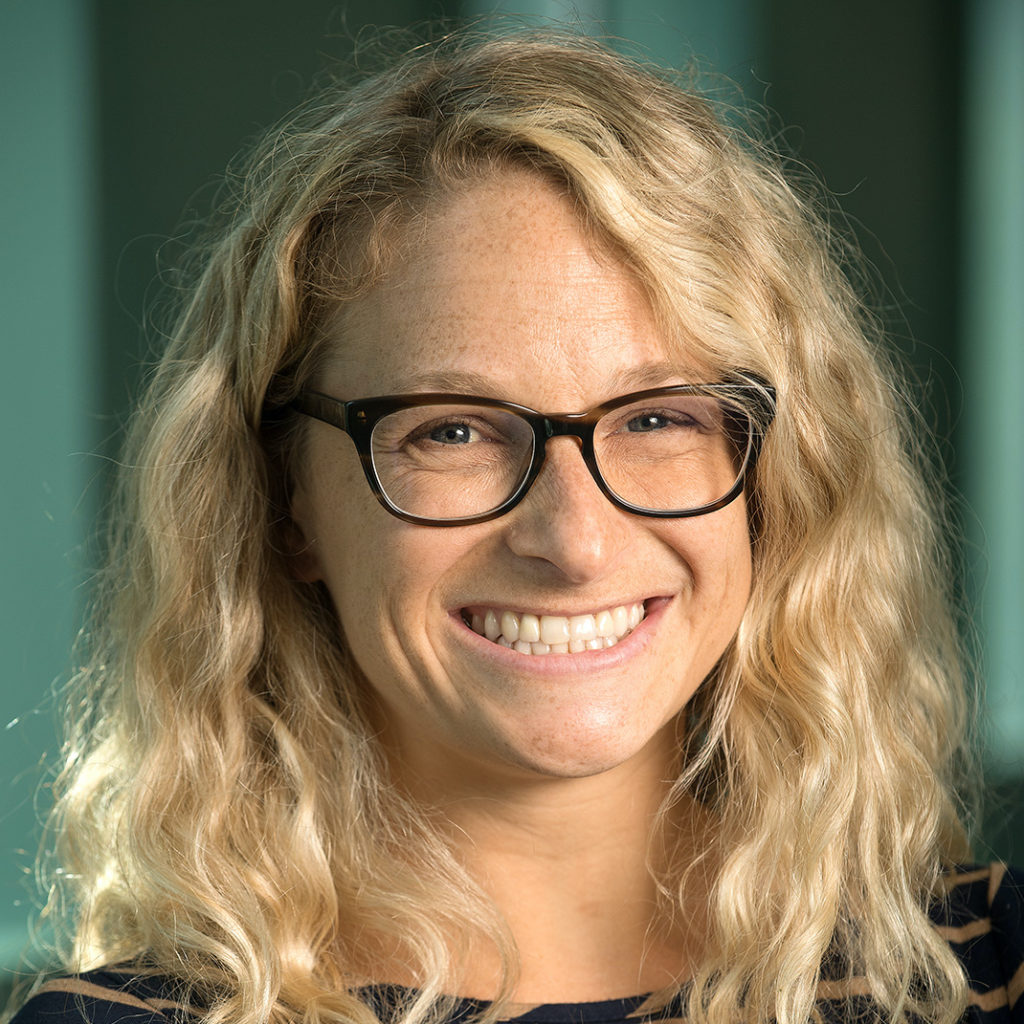Committee Chairs
Jonna Kulmuni
Academy of Finland Fellow, Group Leader, University of Helsinki
Twitter: @jonna_kulmuni
Email: jonna.kulmuni@helsinki.fi
Web: https://jonnakulmuni.wordpress.com/
Jonna is interested broadly in speciation and hybridization. Her current project investigates outcomes of hybridization through time and space using wood ants as a model system.

Sean Stankowski
Research Fellow, IST Austria
Twitter: @speci8_mate
Email: sean.stankowski@ist.ac.at
Web: https://seanstankowski.wixsite.com/seanstankowski18
Sean’s research mainly focuses on understanding the genomic basis of speciation. He is is also interested in the core concepts within speciation research and the role that they play in shaping our field.
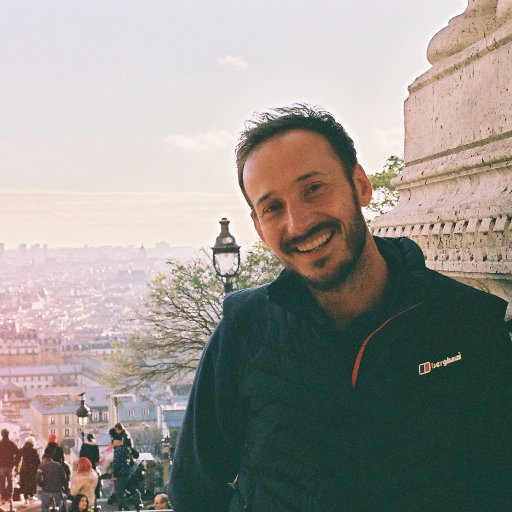
Carole Smadja
CNRS senior researcher, University of Montpellier
Email: carole.smadja@umontpellier.fr
Web: https://isem-evolution.fr/en/membre/smadja/
Carole’s research investigates the mechanisms of speciation in the context of ongoing gene flow mostly in house mice and pea aphids, with a particular interest for the evolution of premating isolation, reinforcement and the dynamics of reproductive isolation as speciation unfolds.

Chris Cooney
Research Fellow, University of Sheffield
Twitter: @chriscooney101
Email: c.cooney@sheffield.ac.uk
Web: https://www.cooneylab.co.uk/
Chris’s research investigates the behavioural, ecological and evolutionary processes driving the dynamics of species radiations at macroevolutionary scales.

Organising Committee
Nick Barton
Professor, IST Austria
Email: nick.barton@ist.ac.at
Web: https://bartongroup.pages.ist.ac.at/
Fieldwork on hybrid zones currently focusses on snapdragons (Antirrhinum). This led to theoretical interest in the evolution of multiple interacting genes, in spatially extended populations.
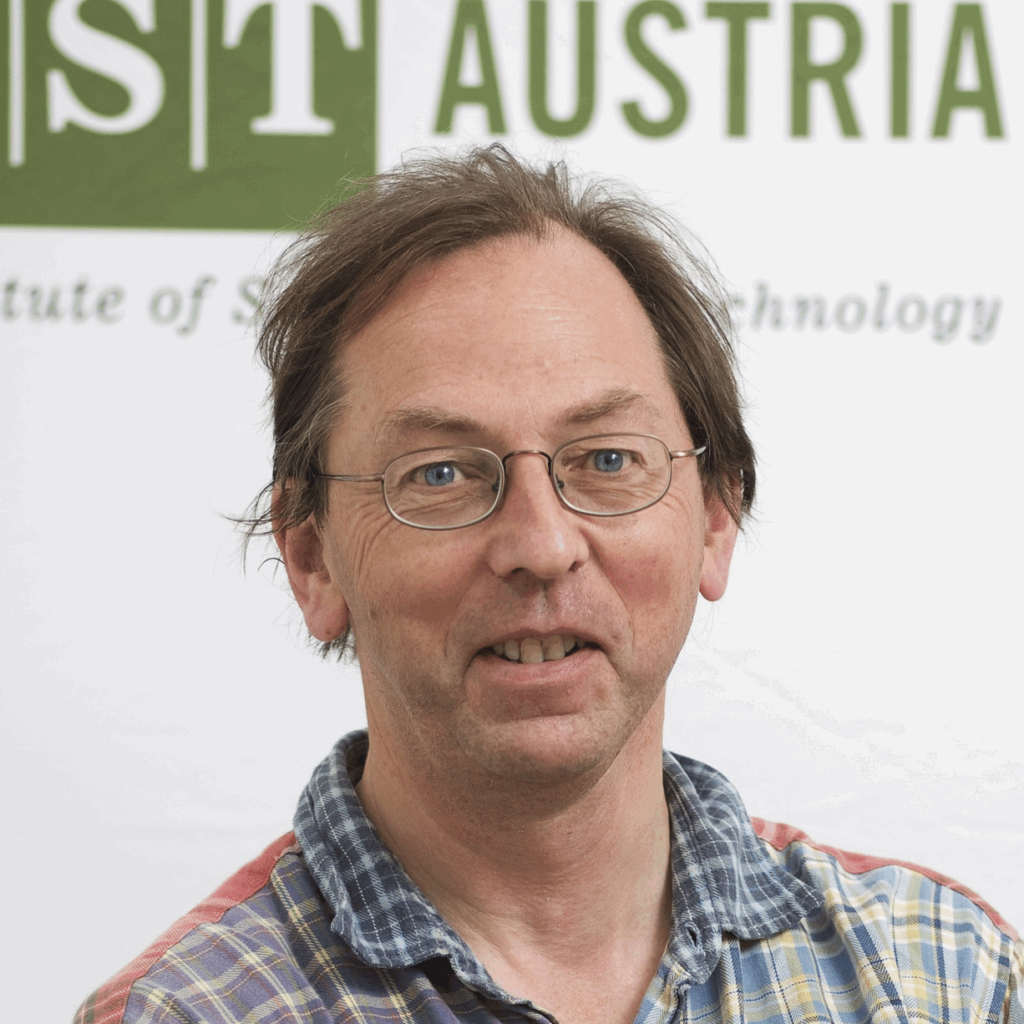
Sonal Singhal
Assistant Professor, CSU Dominguez Hills
Email: ssinghal@csudh.edu
Web: www.singhallab.org
My research lab explores the origins and maintenance of biodiversity in lizards & snakes and desert plants. We are particularly interested in understanding how population processes (microevolution) relate to broad-scale diversity patterns (macroevolution).
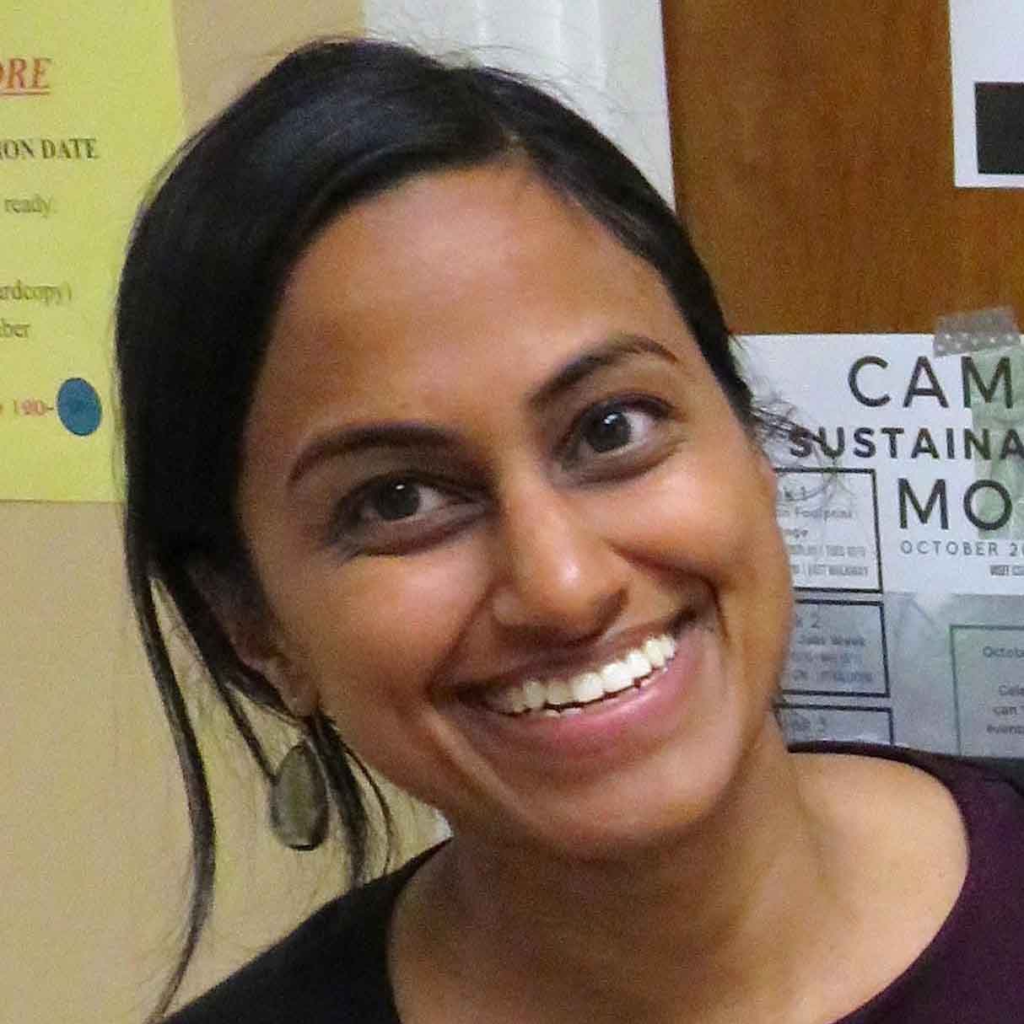
Roger Butlin
Professor, University of Sheffield and University of Gothenberg
Email: r.k.butlin@sheffield.ac.uk
Web: https://littorina.group.shef.ac.uk/
Current work is focused on local adaptation and barriers to gene flow in inter-tidal snails (Littorina), especially the role of chromosomal inversions.
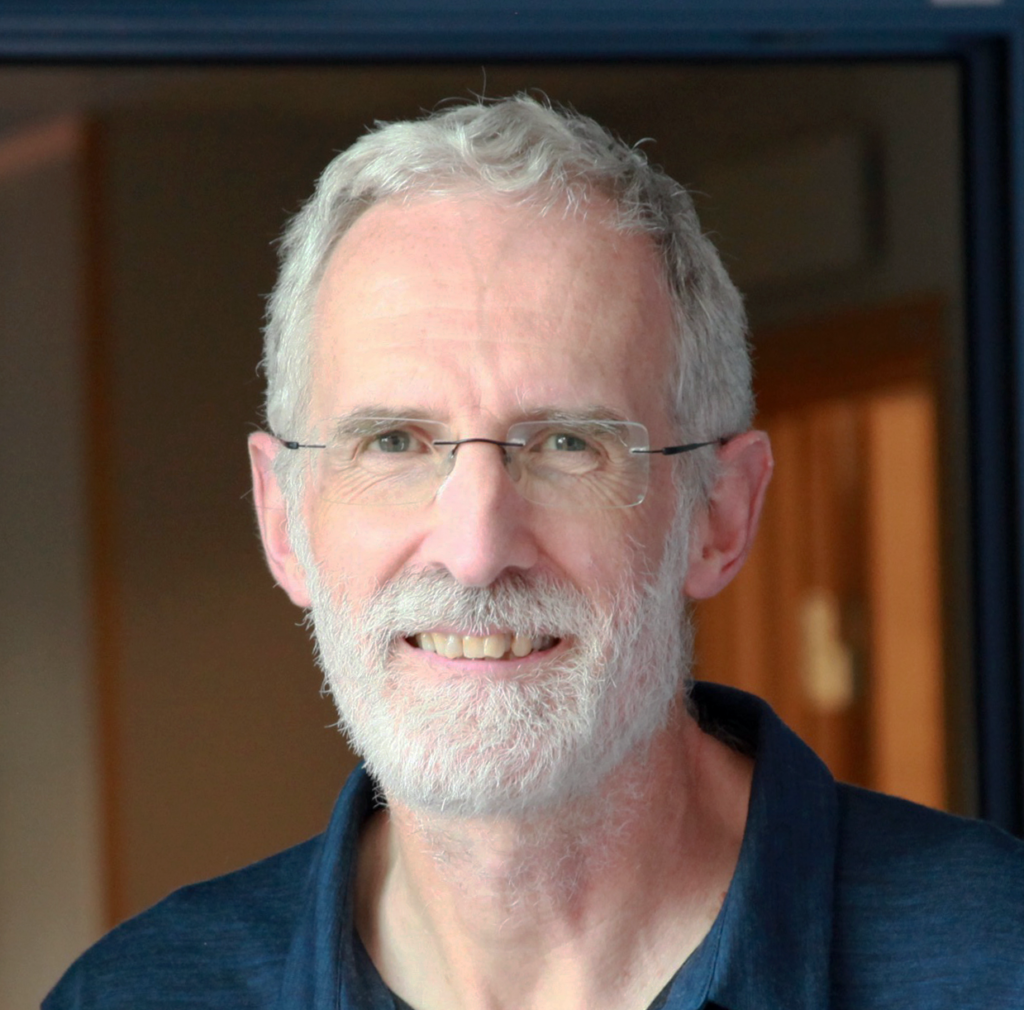
Joana Meier
Royal Society URF and Group Leader, Wellcome Sanger Institute
Branco Weiss Fellow, University of Cambridge
Twitter: @joana_meier
Email: joana.meier@sanger.ac.uk
Web: https://www.sanger.ac.uk/group/meier-group/
Joana studies the drivers of rapid speciation and adaptive radiation. Her team focuses on the role of hybridisation and chromosomal rearrangements in a diverse group of taxa including ithomiini butterflies and Australian peacock spiders.
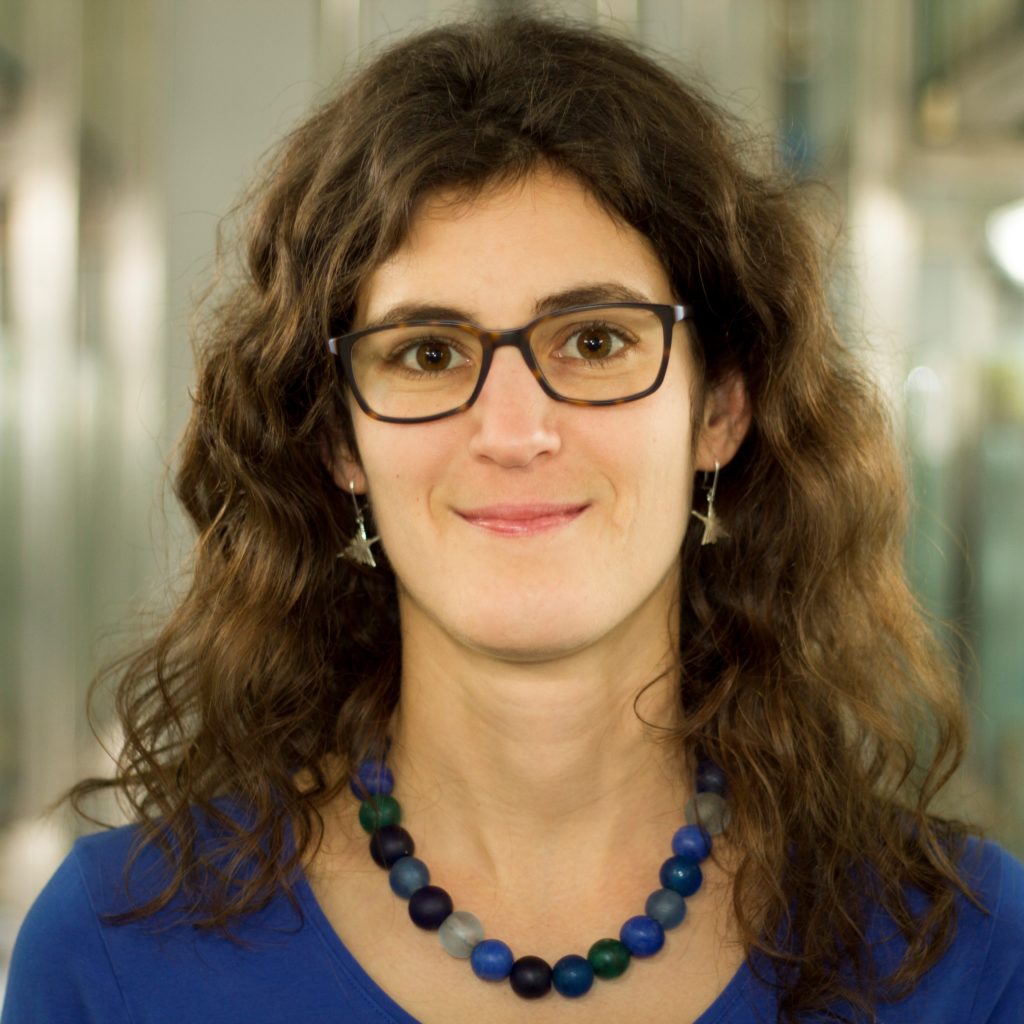
Richard Merrill
Professor, LMU Munich
Twitter: @dickmerrill
Email: merrill@bio.lmu.de
Web: https://evol.bio.lmu.de/people/group_leaders/merrill/index.html
Richard’s research focuses on the ecological, genetic and developmental/neural basis of adaptive behaviours that contribute to speciation. He and his group currently work with Heliconius butterflies.
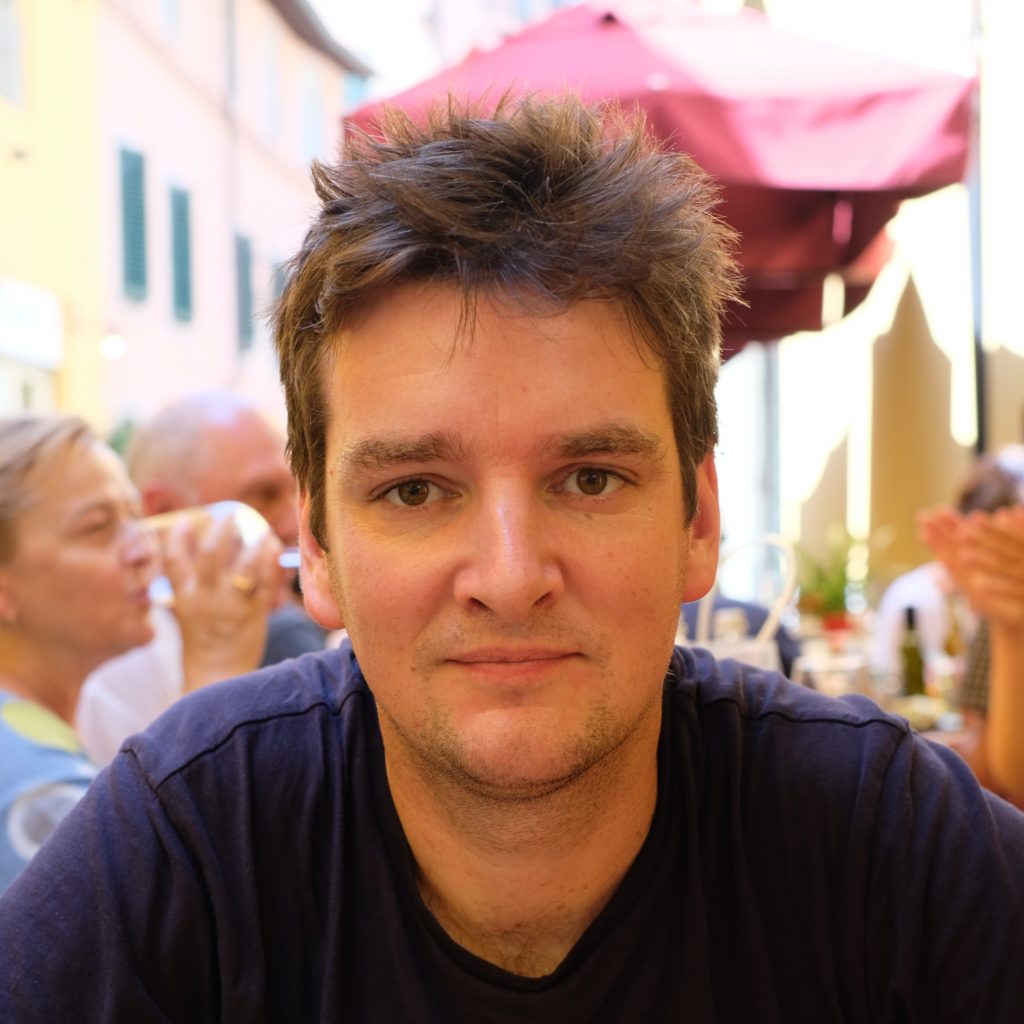
Konrad Lohse
Senior Lecturer, University of Edinburgh
Email: konrad.lohse@ed.ac.uk
Web: https://sites.google.com/view/lohselab/home
Our lab is interested in the fundamental forces of evolution and how these interact to generate and maintain genomic – and ultimately phenotypic – variation

Liz Scordato
Assistant Professor, Cal Poly Pomona
Twitter: @LizScordato
Email: escordato@cpp.edu
Web: https://www.scordatolab.com/
We investigate the effects of anthropogenic activity on the behavior, ecology, and evolution of wildlife. We use a variety of tools to ask these questions, including next-generation sequencing and genomic analysis, behavioral observations, and long-term ecological and climatic datasets.
